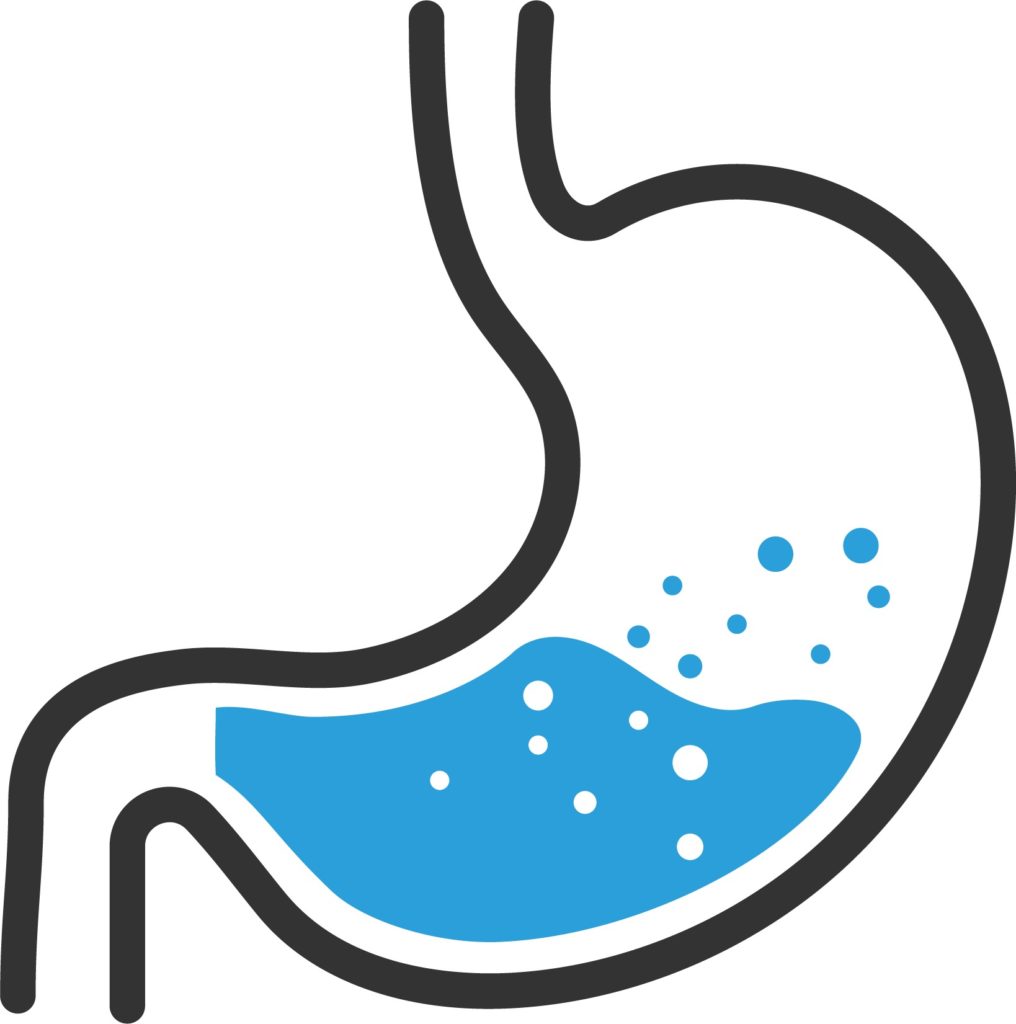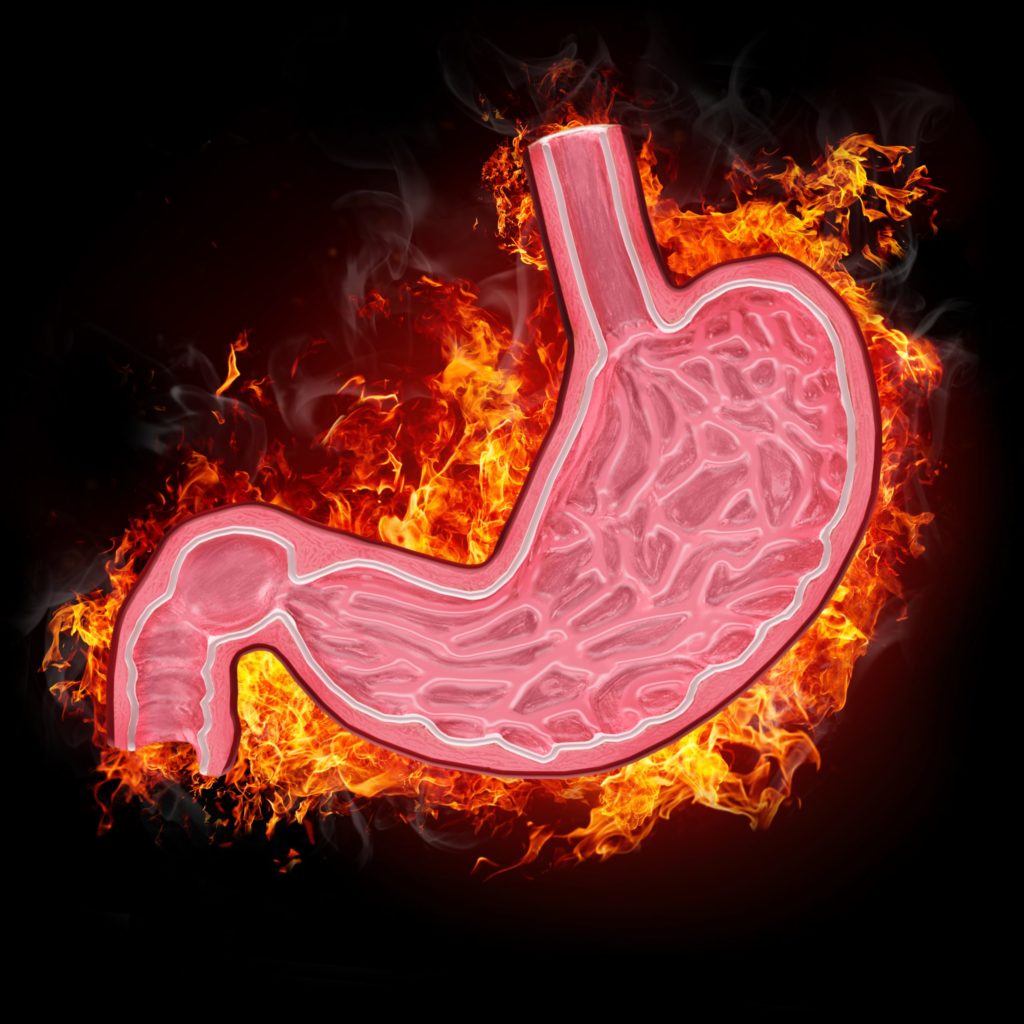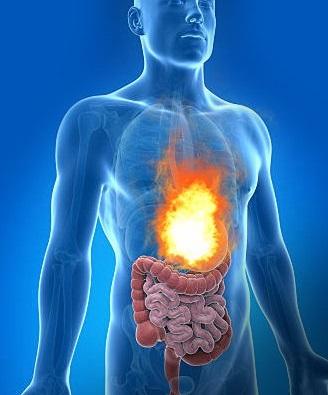By: Margi Flint with contributions by Beth Mwano

Acid Reflux affects many many people and there’s a common misconception that stomach acid must be low when acid reflux happens. However, most people who come into my practice have low hydrochloric acid, not high. Much of medical literature will talk about high hydrochloric acid, but in my experience, the problem has been low amounts. Stomach secretions are made up of hydrochloric acid, several enzymes, and a mucous coating that protects the lining of your stomach. Hydrochloric acid helps your body to break down, digest, and absorb nutrients such as protein. It also eliminates bacteria and viruses in the stomach, protecting your body from infection. A simple thing you can do for a client is a little test: squeeze half a lemon and drink it. Have a glass of slippery elm, almond milk or cow’s milk handy and continue talking to your client after they chug the lemon juice. (Yes, it’s intense going down the trachea, it’s lemon juice. Add some water if needed.)

Keep talking and if they say “Oh I’m burning!” or something to the like, give them the milk drink to coat it. If after five minutes they say “I think I feel better,” or something to that effect, then they need hydrochloric acid. (The old test was using apple cider vinegar, but I can’t drink vinegar, even salad dressing with too much vinegar is too intense for some.) Then you can move on from there and continue asking questions. How they are eating will affect their digestion and the ability of the stomach to do its job and break down food. Are they chewing or just swallowing? Are they eating slowly without stress?

When you’re stressed, blood moves away from your core and into the periphery of your body, your body will think “it’s not time to eat food, it’s time to run/fight” and the release of stomach acid will be inhibited. Get a thorough breakdown of your client’s eating habits and attitude, it can tell you a lot before even going to the herbs!
